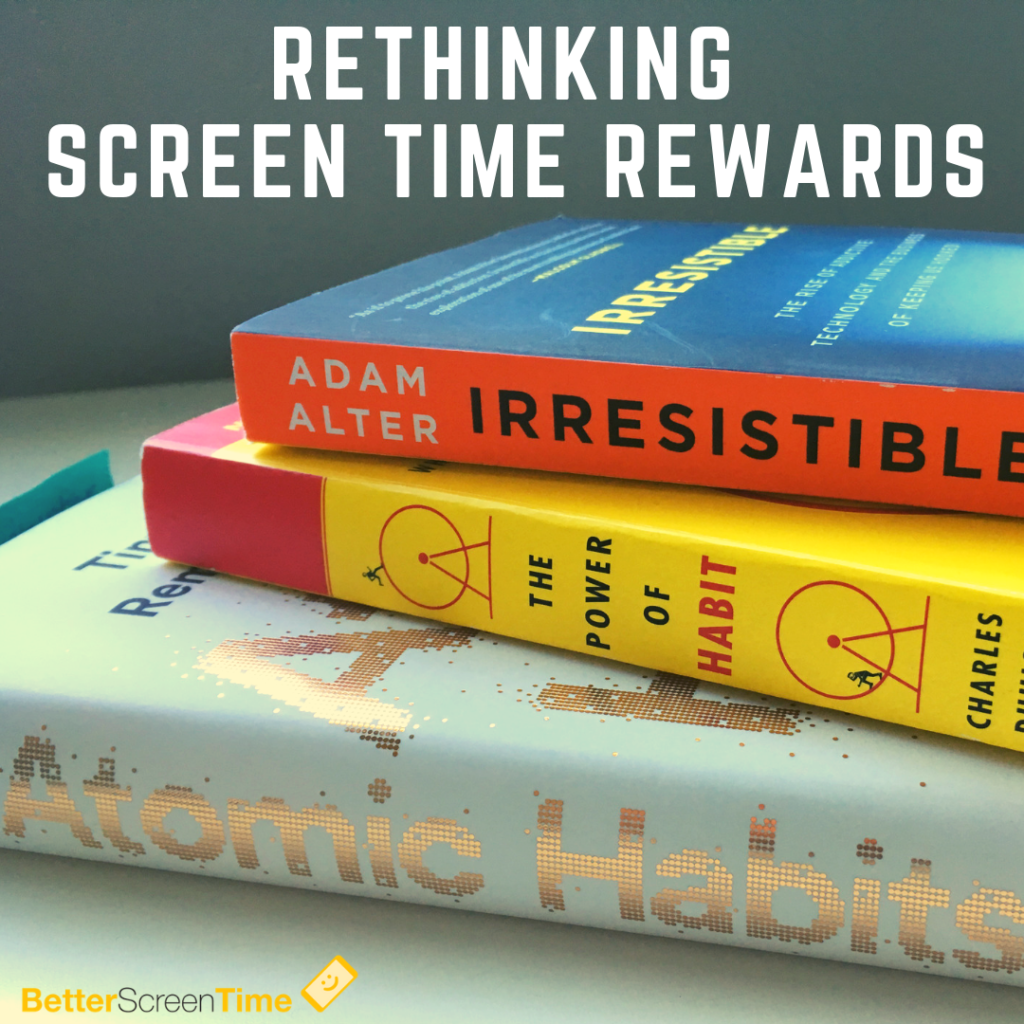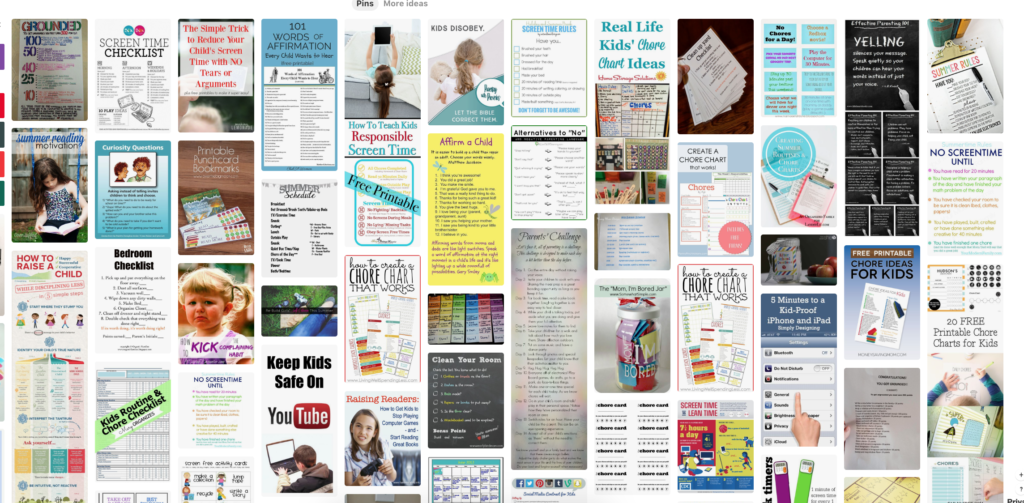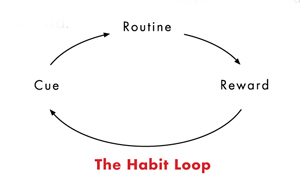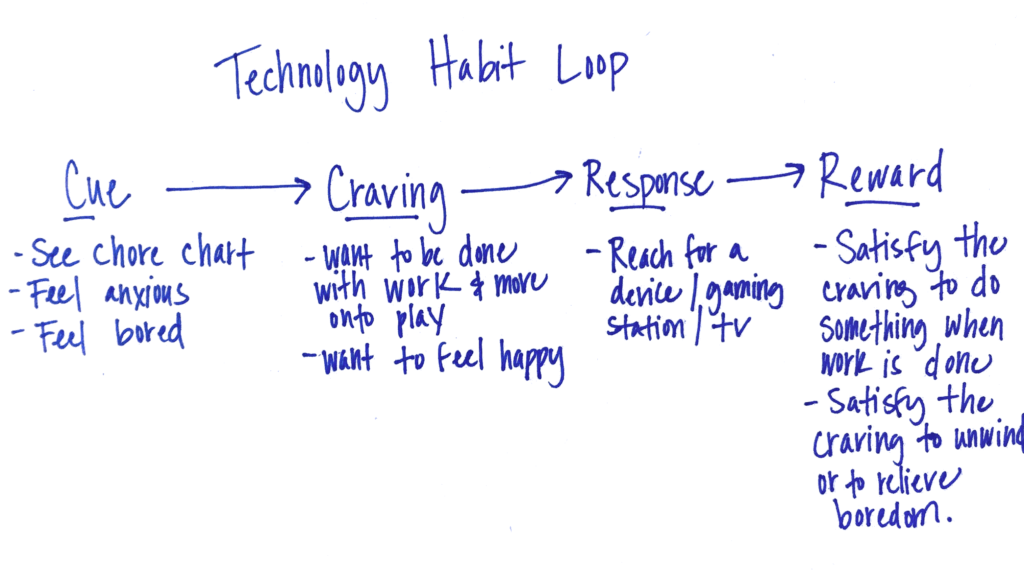
It’s possible you’ve seen (or used!) a chore or routine chart that includes a checklist of chores that need to be done and then at the bottom or top the words: “Now you can use electronics!” or “You’ve earned screen time!”

As a someone who was a parent before portable screens were mainstream, this phenomenon concerns me. I think that as parents, we’ve tried to find an easy way to manage screen time. It seemed like a win-win to tie chores to much-coveted screen time.
Now, hear me out. I love a good checklist as much as anyone! We use routine charts in our home—especially in the summer time when all the kids are home and everyone has more time on their hands. It provides some structure to our day.
We even plan when we will and won’t use screens as part of our family tech plan. Our children are expected to have certain jobs and daily tasks done before they use a screen. But, screen time isn’t a daily expectation and we don’t use the words ‘screen time’ or ‘electronics’ on a chore chart because I don’t want to teach our children to think of screen time as the ultimate reward. We don’t want to create a screen time habit loop.

I learned about the concept of a habit loop from Charles Duhigg, author of The Power of Habit, and from James Clear, the author of Atomic Habits. They each have their own version of this cycle, but the basic concept is the same. There is often some kind of cue or trigger that encourages us to act. For our kids, this cue could likely be a chore chart. Next, our children complete their routine—their chores. Next their brain expects a reward! Naturally that reward is time spent on a screen if that is the system we’ve created.

Why is this a problem you ask? Here’s the thing, some kids won’t create a screen time habit because they don’t care that much about using a screen! However, for many children this routine creates a habit loop.
Sometimes habits remain habits, but other times habits turn into addictions. According to Adam Alter in his book, Irresistible, “…recent research has shown that addictive behaviors produce the same brain response that follow drug abuse. In both cases, several regions deep inside the brain release a chemical called dopamine, which attaches itself to receptors throughout the brain that in turn produce an intense flush of pleasure.”
Researchers are finding that young children learn to self-soothe with a device in a doctor’s office rather than in the arms of a parent. Anxious kids who may have a difficult time confronting their emotions, learn to buffer with a screen. It’s an easy way to escape the world for awhile. Then as kids get older and turn into teens, this habit of learning to unwind with a screen can become magnified as time spent on a screen increases. And we wonder why they want to spend so much time on a device when we’ve been reinforcing this habit loop all along?
We don’t want to condition our kids to habitually turn to a screen to relax and unwind. Many bad habits and addictions start because we are trying to make ourselves feel better. In Irresistible, Alter also teaches, “The substance or behavior itself isn’t addictive until we learn to use it as a salve for our psychological troubles.”
We need to have conversations in our home about rewarding ourselves in healthy ways. In our home we made a list with our kids with ideas of to de-stress without turning to substances and activities that will eventually destroy our health and relationships.
And while it’s not easy, we’re doing our best to keep screen time a normal activity we do occasionally, rather than a repeated reward for good behavior.
We think it is a good idea to have clear expectations about when your family will use screens, where you will use them, and what you will do on them. (You can use our quick guide to help you do this together as a family.) This is your family technology plan.
Then, use your chore chart as a way to help your kids learn how to contribute in your home, and not as a means to earn time on a device. By doing this we can encourage a positive habit loop, rather than initiating a negative one that will be difficult to reverse as our kids mature into adulthood.
